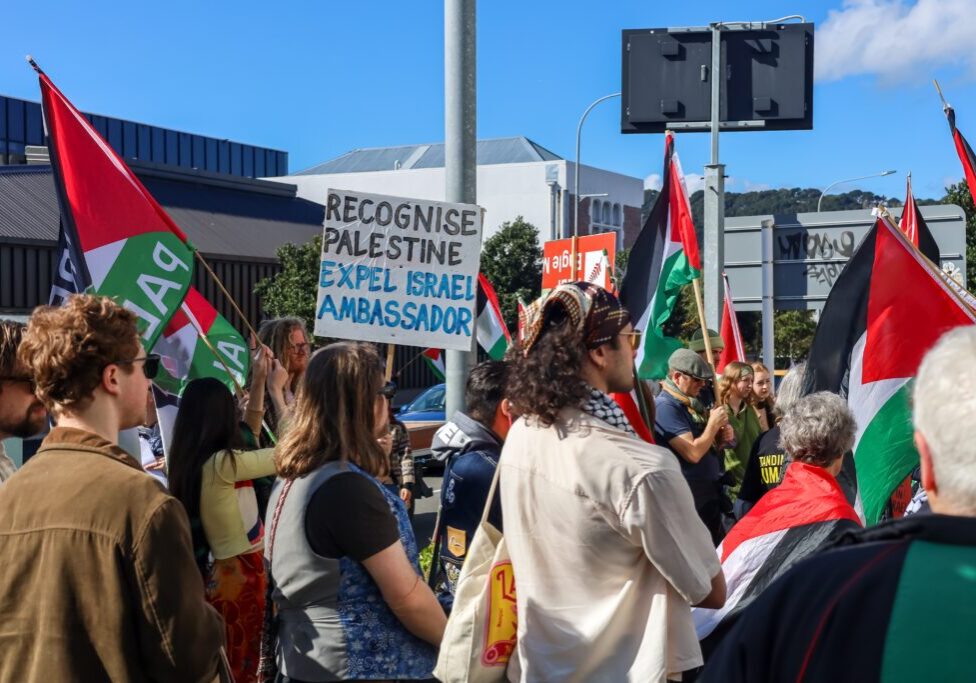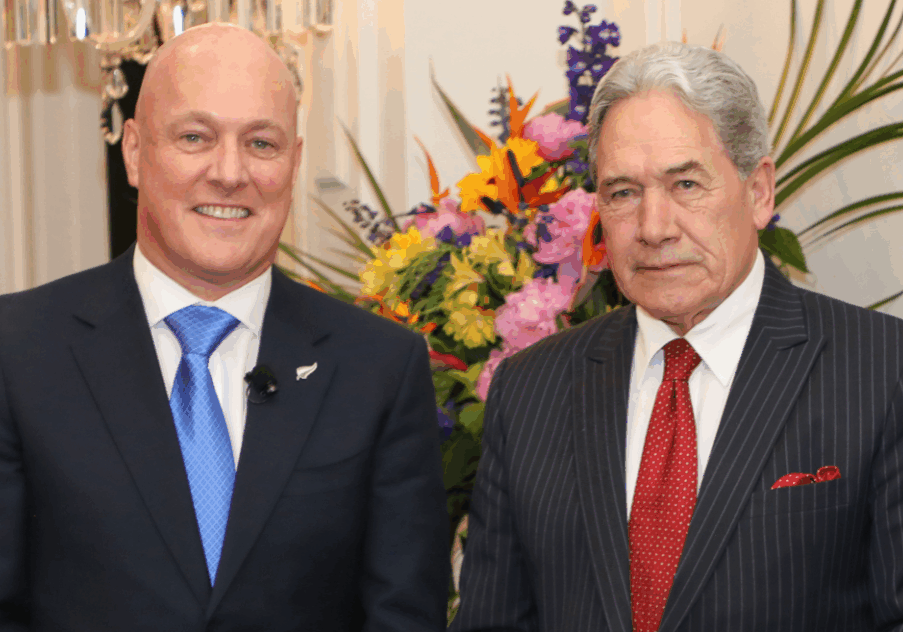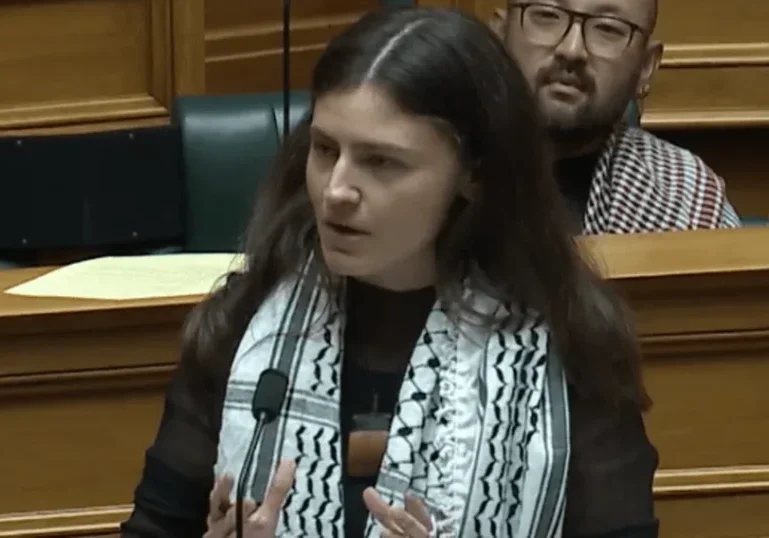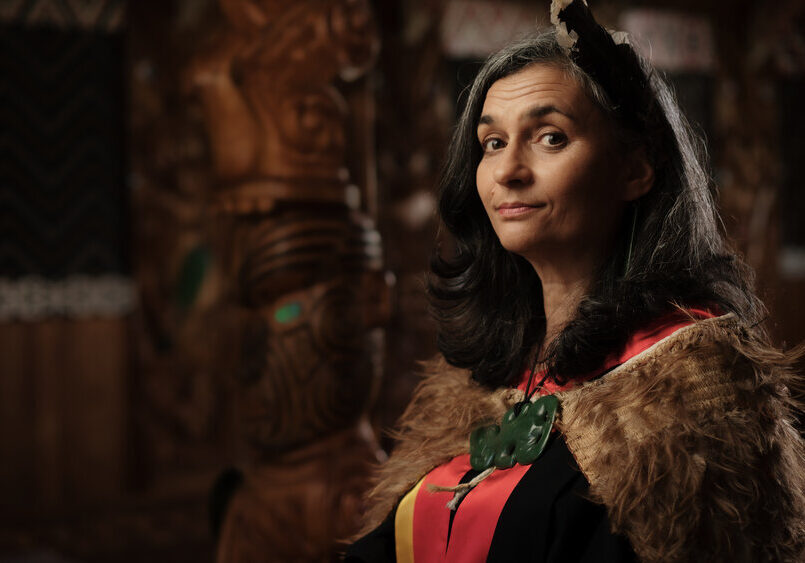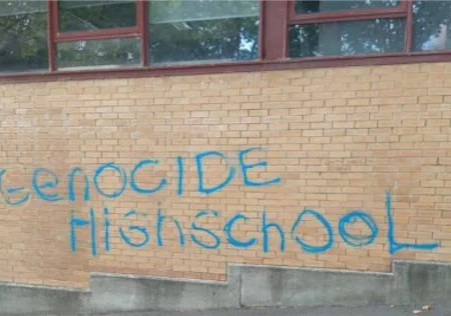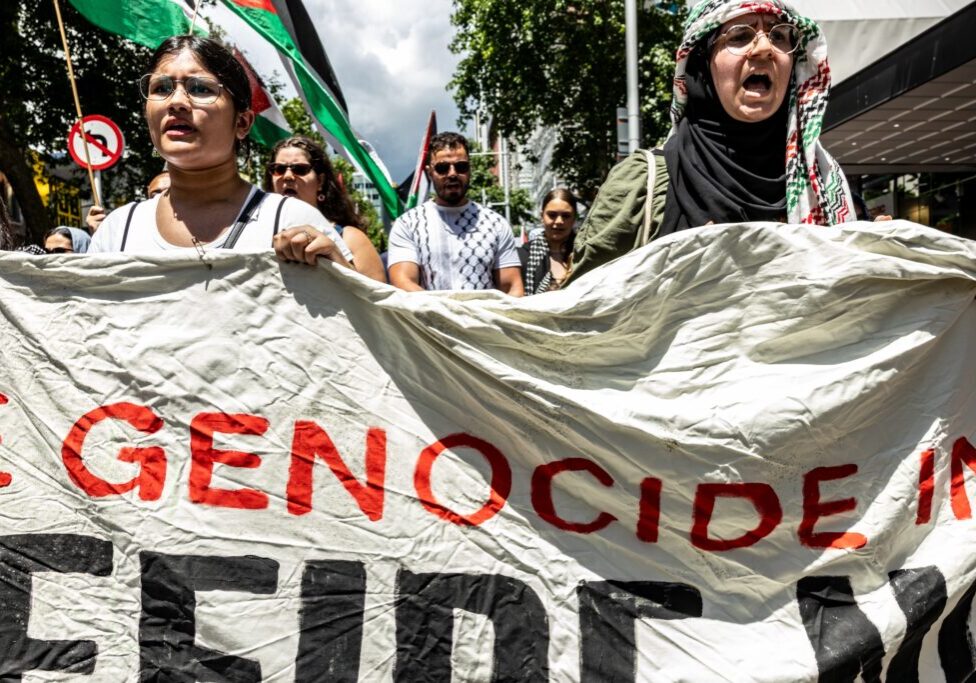Australia/Israel Review
AIR New Zealand: A Lack of Resolution?
Dec 1, 2015 | Miriam Bell
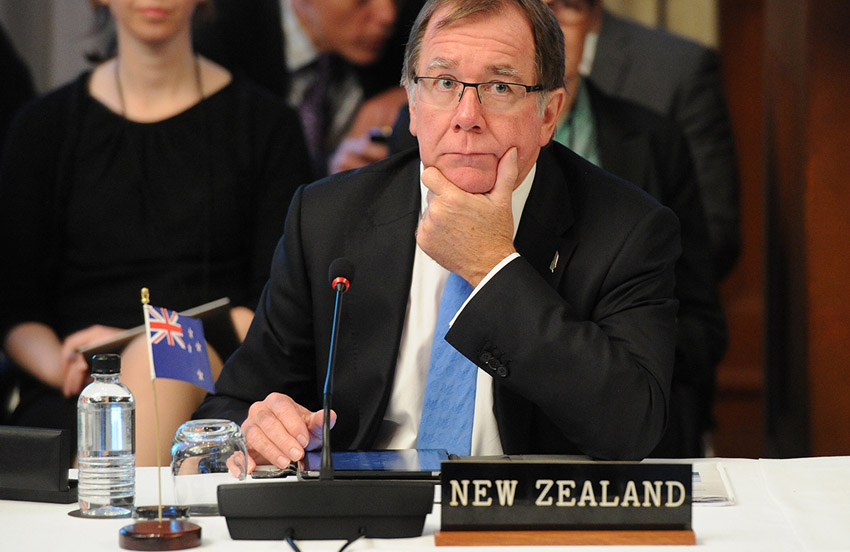
Sometimes trying to be too many things to too many people in a difficult situation can end up offering nothing to anybody. Or, alternatively, counterproductively sowing confusion and discord. And such seems to be the case with New Zealand’s draft Security Council resolution on the Israeli-Palestinian conflict.
The draft resolution has not been officially published, but it has been circulated among the 15 members of the Security Council. It has also been seen by Israel and the Palestinian Authority, along with a fair swag of the media and other interested parties.
As has been discussed in this column before, New Zealand Foreign Minister Murray McCully has wanted to tackle what he describes as “one of the world’s most intractable challenges” since the country took up its non-permanent seat on the Security Council at the beginning of this year. But, due to an attempted French initiative and a request from the US, New Zealand’s proposal was put on the backburner.
It was the recent escalation of Palestinian violence that prompted New Zealand to begin consultation on the resolution it has drafted. McCully has said of the current situation, that it “[cries] out for action.” He also told media that he was looking to support action that would stop the “downwards spiral in recent months.”
The draft resolution acknowledges that durable peace based on a two-state solution can only be achieved if the two sides engage in serious negotiations, Haaretz reported. “It asserts that the Security Council considers the continued stalled negotiations unacceptable, calling on both sides ‘to take the necessary measures to rebuild confidence and prepare for the resumption of negotiations.'”
In a bid to lay the groundwork for negotiations, the draft resolution specifies steps that Israel and the Palestinians should take. These are:
- Desisting from actions or declarations that would harm mutual confidence or predetermine the results of negotiations, including expansion of settlements and demolition of Palestinian homes in the territories;
- Avoiding provocative actions, particularly any which threaten the status quo on the Temple Mount;
- Avoiding lodging complaints against Israel or regarding the situation in the territories at the International Court in The Hague;
- Avoiding casting doubts on the sincerity or commitment to peace of the opposing side and its leaders.
While McCully clearly views the draft resolution as even-handed and fair-minded, the draft resolution doesn’t seem to have pleased anybody else.
Israel’s Ambassador to New Zealand, Josef Livne, told Radio New Zealand that New Zealand had good intentions, but its actions served as a distraction from the real issue. In his view, the only way to see some progress and eventual agreement is direct negotiations between Israel and the Palestinians. “We have seen that over three years our Palestinian counterparts have been trying to avoid coming to the table and negotiating with us.”
“We fear that any initiative in the international arena in the Security Council will give them an added reason not to negotiate with the Israelis because all kinds of ideas are floating around,” Livne said. Once resolutions started in the United Nations, debates and amendments could easily distort their original intention and become unworkable, he added.
Livne’s comments back up reports that Israeli officials are concerned the proposals outlined in the draft resolution would reward the Palestinians for their refusal to accept Israel’s invitation to negotiate directly without preconditions.
Israel’s Ambassador to the UN, Danny Danon, said the draft resolution was “destructive instead of being constructive.” He said the only way to achieve peace is through direct talks. “The best way to reduce tensions in the region is to urge President Abbas to accept Prime Minister Netanyahu’s call to meet with him.”
Writing in the Times of Israel, New Zealand commentator Sheree Trotter said the draft resolution refuses “to call it as the evidence suggests.” She contrasts this with former New Zealand Prime Minister Sir Geoffrey Palmer’s investigation into the 2010 Gaza flotilla incident for the UN.
Trotter argued the proposal gives an impression of addressing relevant issues, but failed to address the fact the Palestinians refuse to engage in direct negotiations with Israel, writing, “While McCully’s proposal may have the appearance of even-handedness, the unwillingness to confront the ‘elephant in the room’ leaves the impression of empty-handedness.”
The Palestinians are also less than enthusiastic about the draft resolution. This is because, according to several officials, it “lacks substance”. (Perhaps they were contrasting it with past Jordanian and French proposals, which tried to dictate that aspects of a final resolution be settled in accordance with Palestinian demands.)
Palestinian Ambassador Riyad Mansour said the resolution doesn’t address the need of Palestinian civilians for international protection. Nor is it “strong enough to stop Israel… from the continuous aggression it is waging against the Palestinian civilian population.”
Meanwhile, consultation on the draft resolution’s wording might be underway, but its future remains unclear.
Russia is the only member of the Security Council to have backed it while, critically, the US has remained silent on the proposal. It also comes hot on the heels of a similar French attempt, which failed. Further, the Security Council hasn’t adopted a new resolution on the Israel-Palestine peace process since 2009.
This article is featured in this month’s Australia/Israel Review, which can be downloaded as a free App: see here for more details.
Tags: New Zealand

